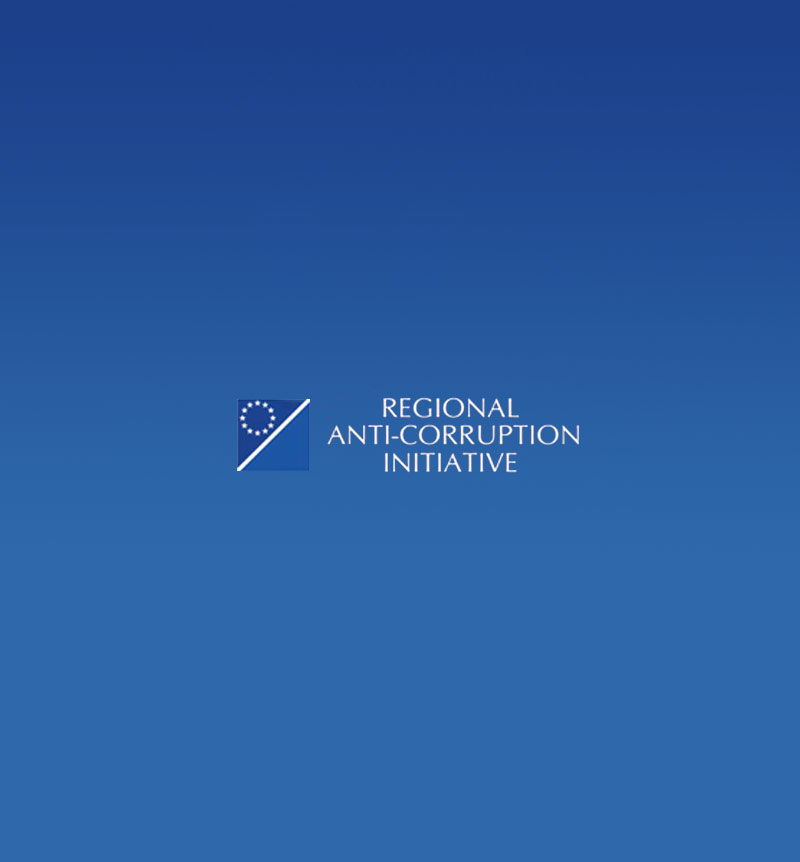Prevention of Corruption - Drafting, Implementation and Coordination of Anticorruption Policies:
|
Established by: |
Decision of the Council of Ministers No. 241, dated 20.04.2018 (no longer in force), replaced by Decision of the Council of Ministers No. 516, dated 01.07.2020.
|
|
Membership: |
Minister of Justice (head), Deputy Minister of Defense (member), Deputy Minister of Europe and Foreign Affairs (member), Deputy Minister of Interior (member), Deputy Minister of Finance and Economy (member), Deputy Minister of Infrastructure and Energy (member), Deputy Minister of Education, Sports and Youth (member), Deputy Minister of Culture (minister), Deputy Minister of Agriculture and Rural Development (member), Deputy Minister of Health and Social Care (member), and Deputy Minister of Tourism and Environment (member).
|
|
Competence: |
Coordination of the implementation of the Inter-Sectorial Strategy against Corruption (2015-2023).
|
|
Financial Autonomy: |
Coordination Committee does not have financial autonomy. |
|
Established by: |
Decision of the Council of Ministers No.1012, dated 22.11.2013. Minister of Justice assigned as NCAC by Decision of the Council of Ministers No.506, dated 13.09.2017.
|
|
Membership: |
The Minister of Justice has been assigned as the National Coordinator against Corruption. In his capacity as the National Coordinator against Corruption, he is also the Head of the Inter-institutional Anticorruption Task Force.
|
|
Competence: |
The Minister of Justice as the NCAC coordinates the policy drafting process as well as the legal and sub-legal acts drafting for the prevention and fight against corruption. NCAC also leads and oversees the drafting and implementation of strategic anticorruption documents. NCAC periodically reports the work progress to the Prime Minister.
Directorate of Programs and Projects in the Field of Anticorruption has been established within the Ministry of Justice, pursuant to the Order of the Prime Minister No. 114, dated 04.09.2019, “On the approval of the structure and organization of the Ministry of Justice”.
|
|
Financial Autonomy: |
NCAC does not have financial autonomy.
|
|
Web: |
|
|
E-mail: |
|
Established by: |
Order of the Prime Minister No.106, dated 25.07.2019 “For the establishment, composition and function of the Network of Anticorruption Coordinators”, updated by Order No.86, dated 25.06.2020.
|
|
Membership: |
Minister of Justice as NCAC (head), the designated coordinator in each of the 17 central institutions, as well as the designated coordinator in the local branches of State Agency of Property (Kadastra), Healthcare Service Operator and General Directorate of Pre-University Education.
|
|
Competence: |
The Network of Anticorruption Coordinators is a centrally and locally based structure, headed by the Minister of Justice as the NCAC. The network gathers, analyzes and coordinates the information regarding corrupt practices referred to it through different sources, in cooperation with the special anticorruption structure of the Ministry of Justice, the Inter-Institutional Anticorruption Task Force and other anticorruption structures, to ensure the prevention, fight and public awareness against corruption in the public administration.
|
|
Financial Autonomy: |
The Network of Anticorruption Coordinators does not have financial autonomy. |
|
Established by: |
Decision of the Council of Ministers No.209, dated 26.02.2020.
|
|
Membership: |
Prime Minister (head), Minister of Justice (member), Minister of Finance and Economy (member), Minister of Interior (member).
|
|
Competence: |
The Oversight Committee of the Special Anticorruption and Antievasion Unit: 1) National inter-institutional coordination; 2) Designation of strategic priorities.
|
Conflict of Interest and Asset Disclosure:
|
Established by: |
Law No. 9049, dated 10.04.2003 “For the declaration and audit of assets and financial duties of elected officials and some public officials”.
|
|
Structure: |
The inspectorate is headed by the General Inspector, who is elected to his position by a majority vote of the Members of the Parliament. The organization structure of the inspectorate is determined by the General Inspector. Inspectors have the status of civil servants.
|
|
Competence: |
1) Direct control of the declarations of assets and conflict of interests; 2) Gathering of data/evidence and administrative investigations on the declarations in accordance with the Code of Administrative Procedure; 3) Cooperation with audit institutions and other institutions responsible for the fight against corruption and financial crime; 4) Cooperates with the state administration institutions responsible for the enactment of the legislation on the prevention of the conflict of interests in the public office, and the legislation on the whistleblowing and the protection of whistleblowers; 5) Cooperates with the institutions responsible for the transitional re-evaluation of judges and prosecutors.
|
|
Financial Autonomy: |
The Inspectorate is an independent institution and has financial autonomy. Its budget is approved by the Albanian Parliament in accordance with the proposal of the General Inspector.
|
|
Web: |
|
|
E-mail: |


